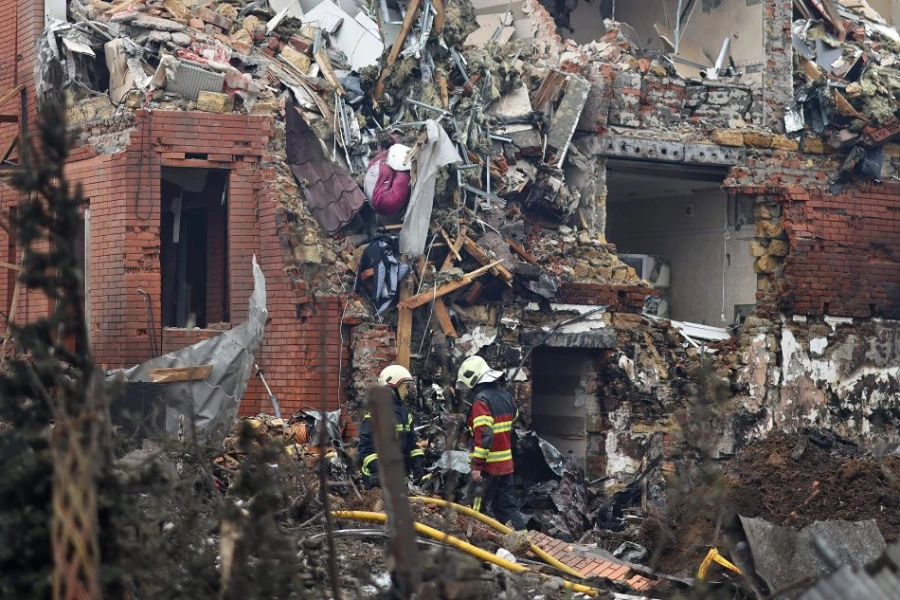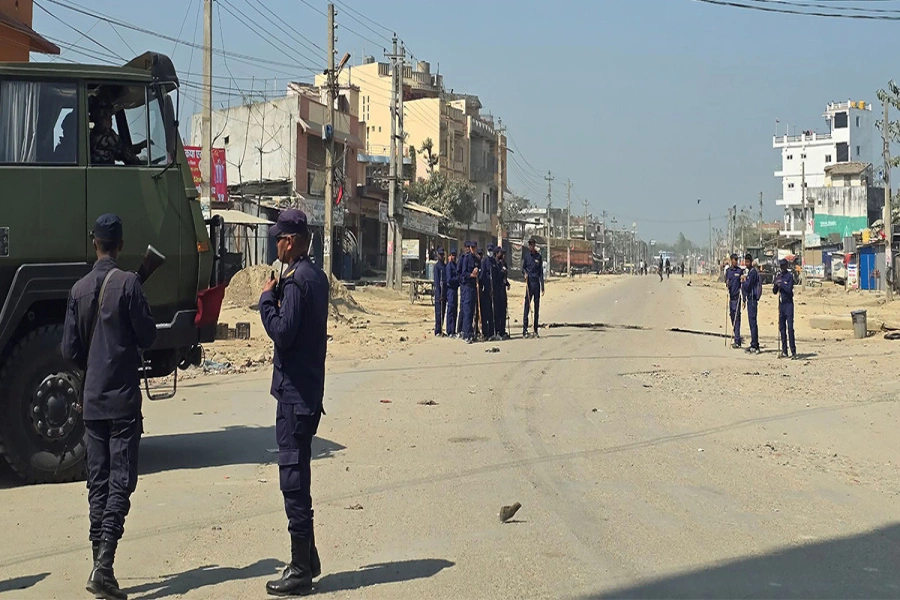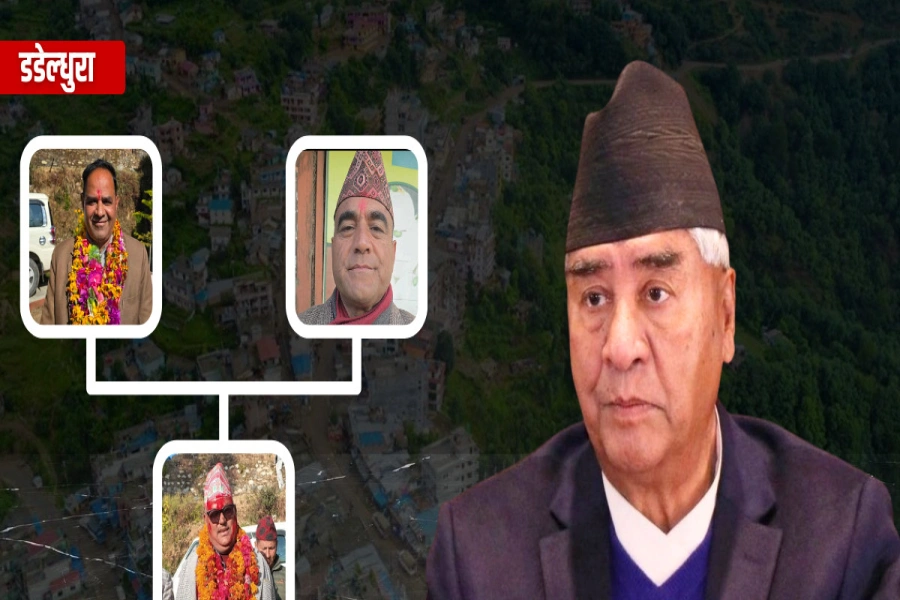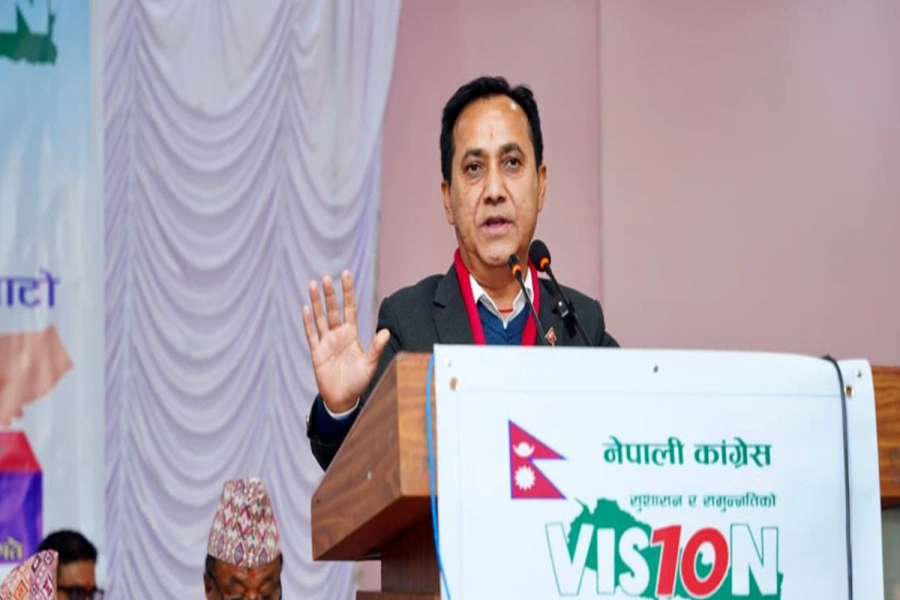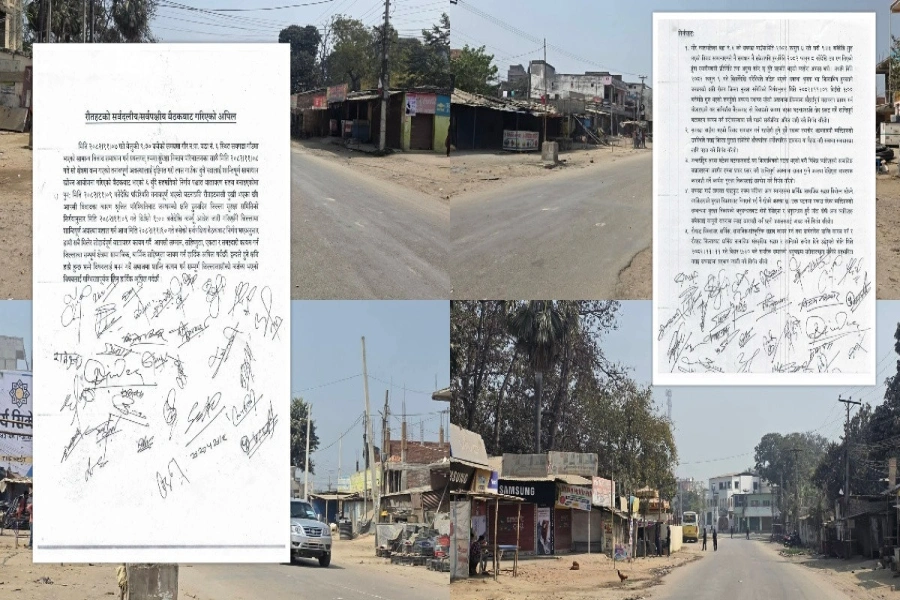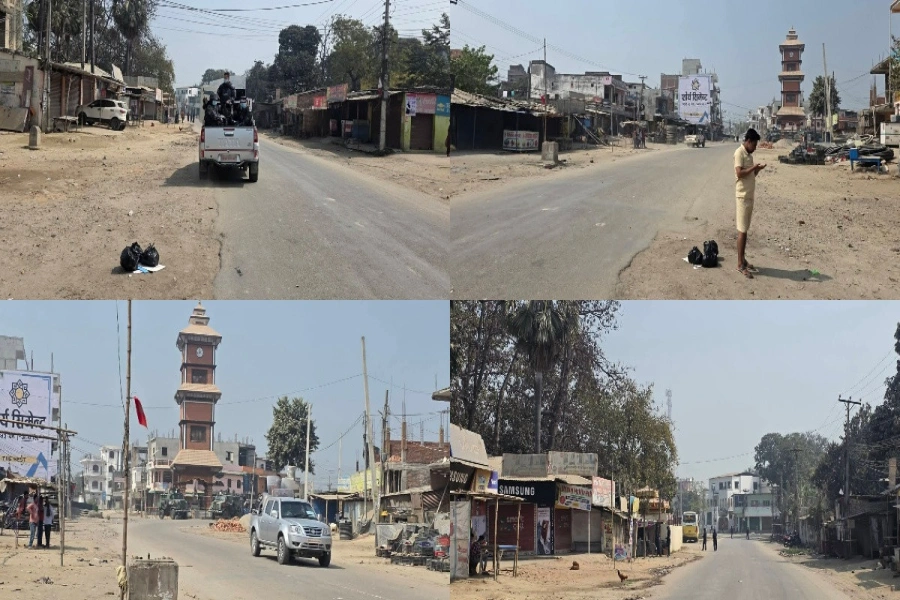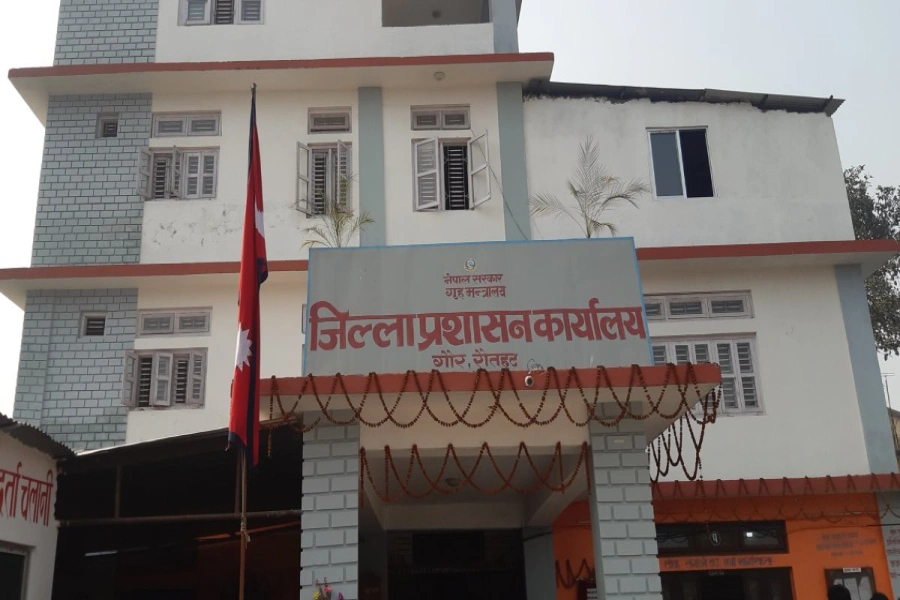BHAKTAPUR, March 2: The incidence of suicide in Nepal is on the rise and this fact was brought to light during a meeting of stakeholders to discuss strategies to prevent and reduce the cases of suicide. The District Health Office, Bhaktapur presented data to support this claim
Krishna Mijar, Senior Public Health Officer at the Health Office, presented the data that the number of suicide cases has been increasing alarmingly in the last five years. According to statistics, 5,124 people committed suicide in the FY 2073/74. In the FY 2074-75 BS, a total of 5,317 people committed suicide.
The number is steadily increasing in the following years. In the FY 2075/76 BS, a total of 5,784 people committed suicide, while in FY 2076/77 BS, 6,241 people committed suicide. In the FY that followed 7,117 people are found to have committed suicide. "In the last year, the number of suicides increased from eight to 14 percent," said Public Health Officer Mijar. "This is alarming.”
Suicide cases on the rise, mental health experts warn of a ‘gri...

The World Health Organization (WHO) considers suicide as an example of poor mental health and states that more than seven million people die from suicide every year worldwide. This is more than the deaths caused by HIV/AIDS, malaria or women's breast cancer and war or murder. According to the WHO data, 10 to 20 percent of people in Nepal are affected by one or more common mental problems.
Psychiatrist in the program, Dr Durga Thapa said that if the treatment is done on time, there will be no such incidents of suicide. "That's why mental illness cannot be underestimated," she said. "Mental illness can be cured if treated."
She said that in order to improve mental health, mental health problems should be treated as easily as physical diseases. "It is possible to treat this disease by taking medicine, counseling and rehabilitation," she said. “It seems necessary to conduct a campaign on this issue.”
In the latest incident in Nepal, Prem Prasad Acharya, who self-immolated himself by sprinkling petrol on his body in front of the parliament building in New Baneshwor. This incident shows that mental illness had increased after watching the incident. While refuting suggestions of the media that financial problems was the main reason behind his self-immolation, she argued that the main reason was mental illness instead.
Stakeholders participating in the program said that since the budget for mental health is negligible it is necessary to increase it. Although the mental health burden in Nepal is 14 percent, mental health accounts for less than one percent of the total health budget.
There is also a lack of human resources working in the field of mental health in Nepal. So far, there are around 200 psychiatrists in Nepal. One psychiatrist is equal to 1.5 million out of 30 million Nepalis. Stakeholders concluded that there is an urgent need to create a pool of mental health workers.



